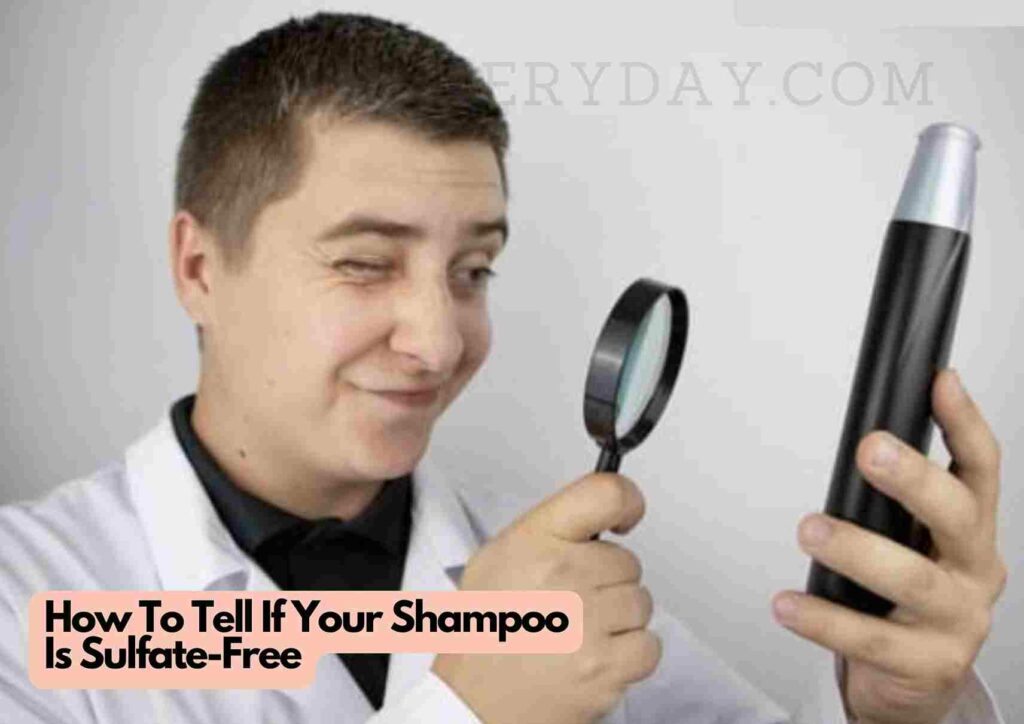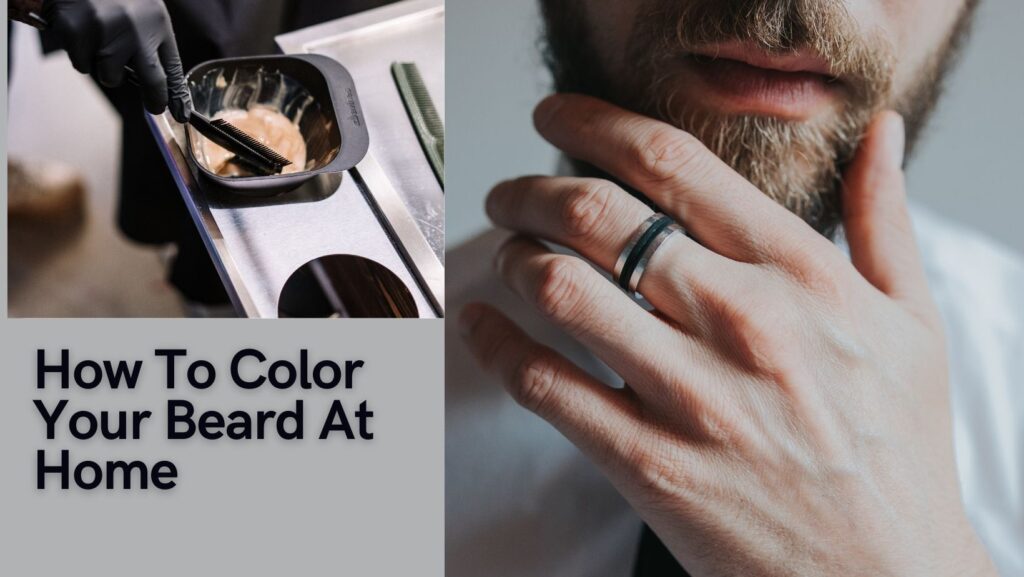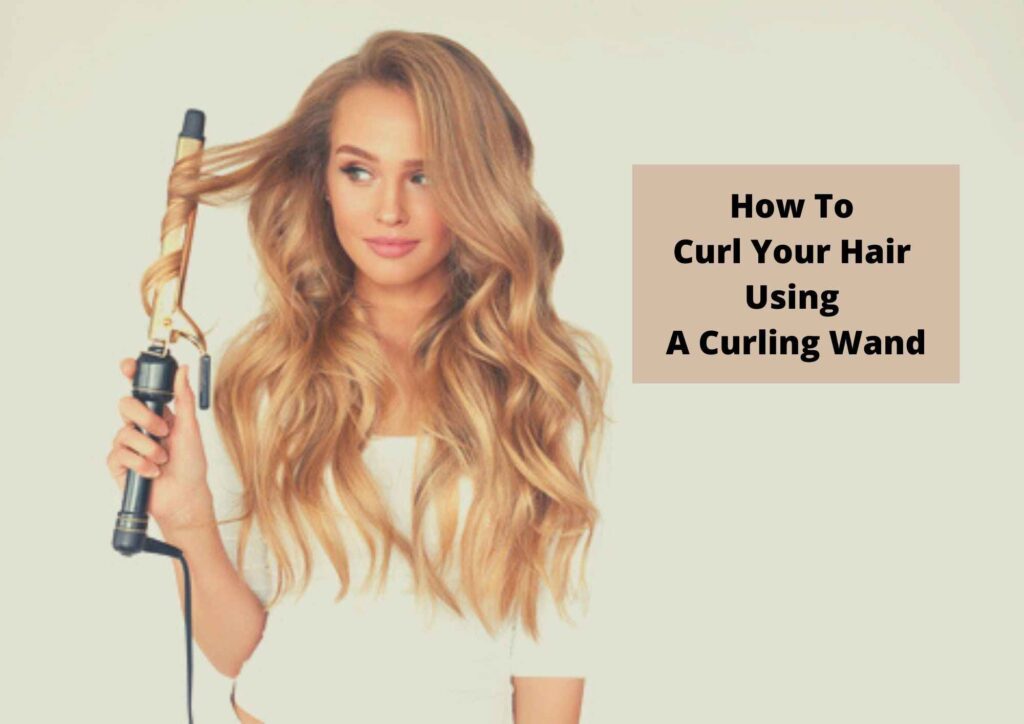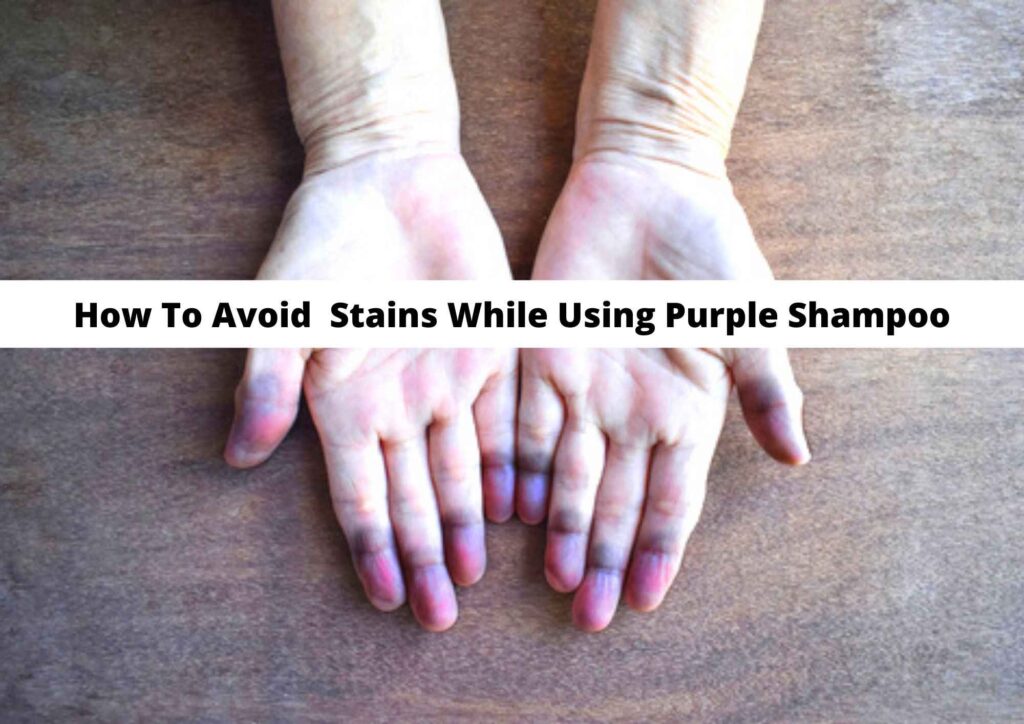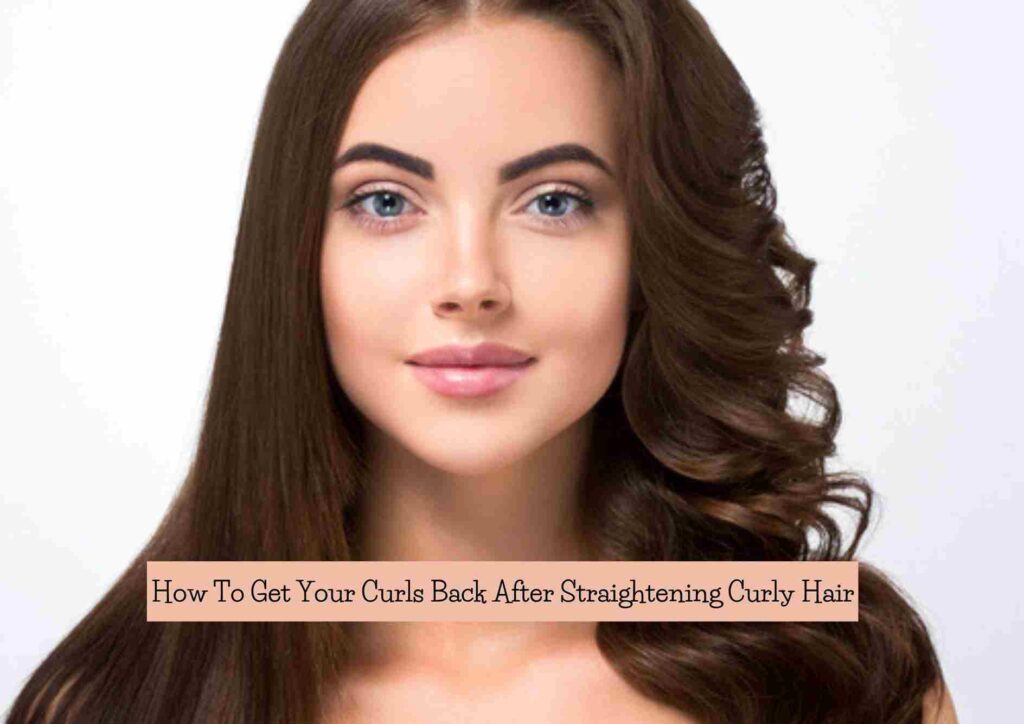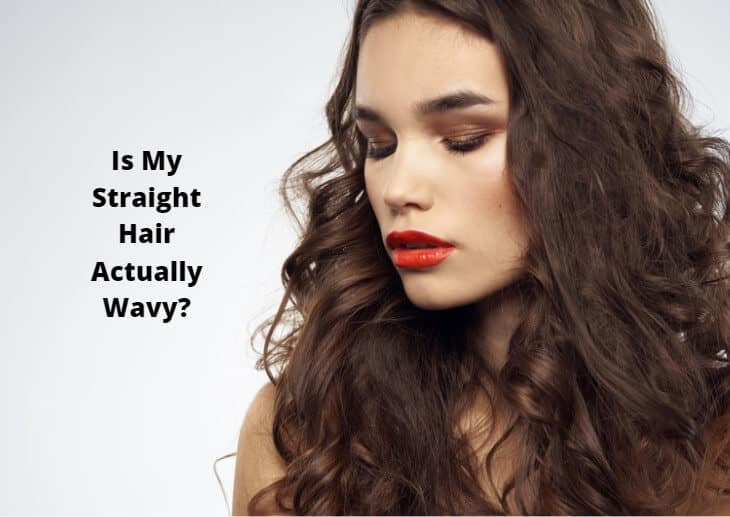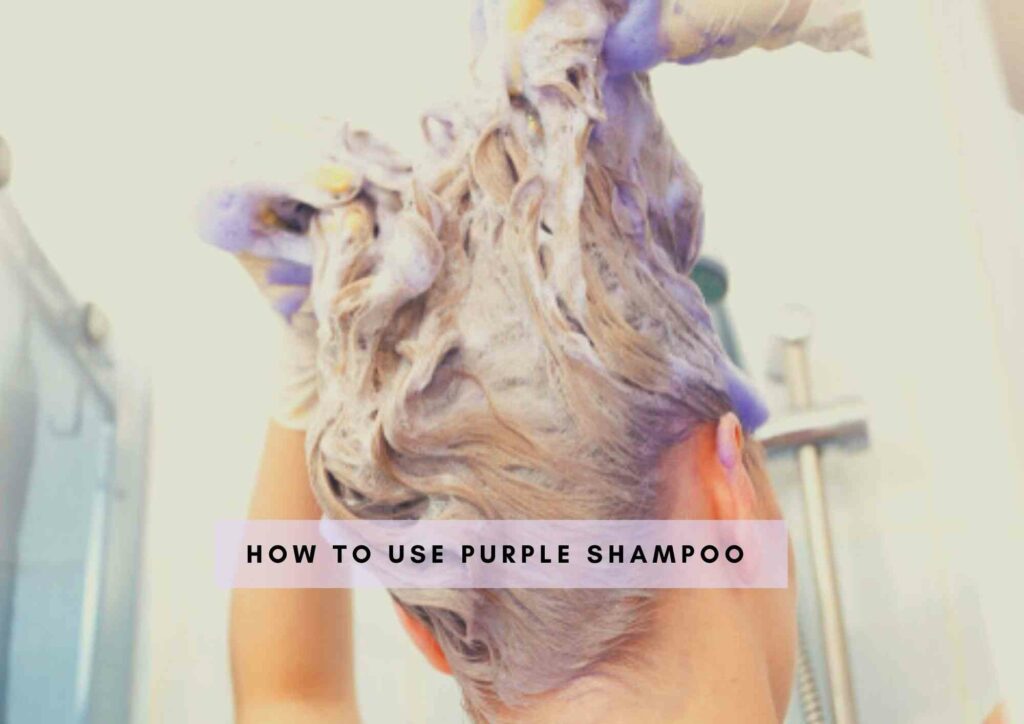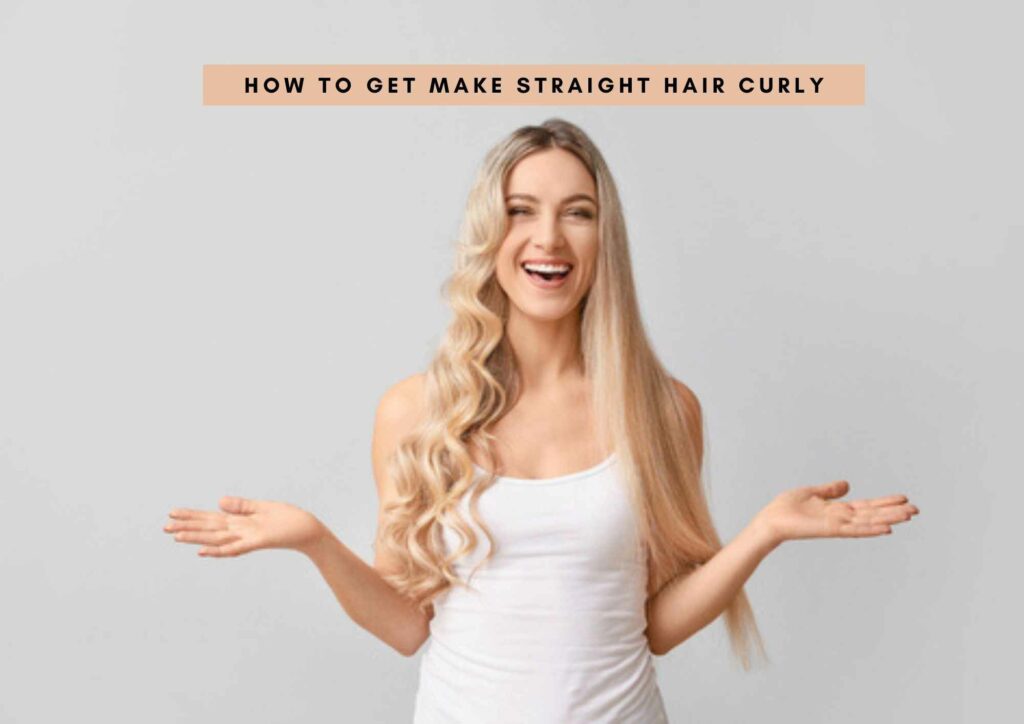Check out this article to learn how to check if shampoo is sulfate-free. Also find out why sulfate-free shampoos are better for hair and how to choose them.
Sulfates are a form of detergent found in some shampoos and other hair care products that can cause hair to become dry and brittle, resulting in damaged and unhealthy looking locks.
If you’re looking to avoid sulfates, the good news is that there are plenty of sulfate-free shampoos available in the market. But the bad news is that it’s not always easy to identify the ones that are truly sulfate-free.
In this article, I will guide you through the process of checking if your shampoo is sulfate-free and provide suggestions on how to find the best products for your hair type.
What Are Sulfates
Sulfates are detergents found in a variety of products like shampoos, soaps, cleaners, and even personal hygiene products. They are added to products to give them a richer lather, so they can remove dirt, oil, and product build-up more effectively. While these detergents are effective, the downside is that they can also be very harsh and drying for both the scalp and strands.
How To Check If Shampoo Is Sulfate-Free
If you’re looking to make the switch to sulfate free shampoo, it’s important to know how to check if your shampoo contains sulfates.
The first thing to do is locate the ingredient list. This should be easy to find, as all cosmetics including shampoos must have complete ingredient lists printed clearly on the product’s packaging.
Now, this is where the science part comes in – make sure to look for any of the following chemical names that could be hiding sneaky sulfates: Sodium Laureth Sulfate, Sodium Lauryl Sulfate, Ammonium Lauryl Sulfate, Ammonium Laureth Sulfate, and TEA Lauryl Sulfate.
In addition to chemical terms, look for the words ‘sulfate free’ or ‘no sulfates’ somewhere on the front or back of the shampoo bottle.
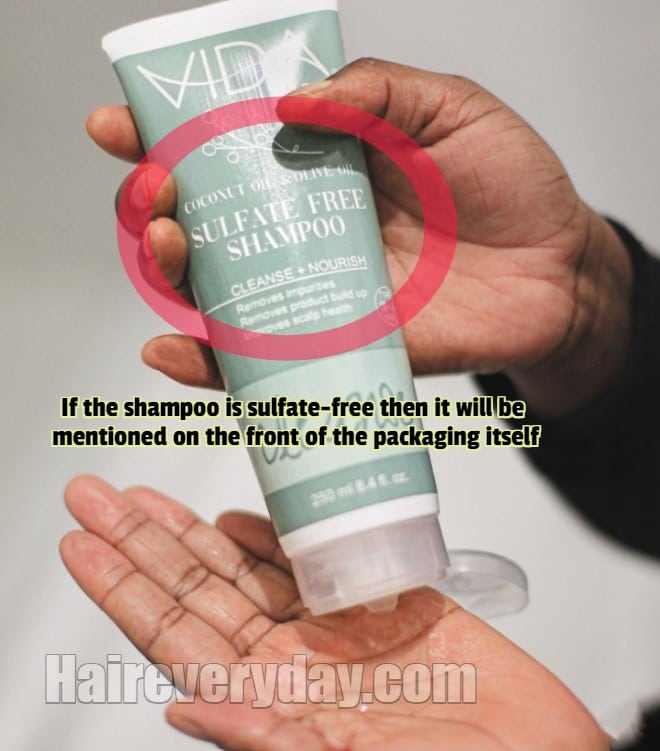
Many sulfate-free shampoos will be marketed as such with this written on the bottle. If there are no mentioning of sulfates whatsoever, it might be worth checking the ingredients list anyway just to be sure.
In the ingredient list, if you spot a chemical compound ending with ‘sulfate’, then unfortunately there’s no denying it – the shampoo contains sulfates.
On the other hand, if the ingredient list is entirely void of any chemical compounds or words containing ‘sulfate’, then bingo – you’re good to go! You can buy your sulfate-free shampoo with complete confidence.
Why I should opt for a sulfate free shampoo
When it comes to caring for your hair and scalp, it’s important to opt for products that are free from damaging chemicals. One of these chemicals to be aware of is sulfates.
Sulfates are a group of harsh cleaning agents that are used in many shampoos to create lather. Unfortunately, sulfates can strip your hair of natural oils and moisture, leaving it dry, brittle and unmanageable.
That’s why if you care about the health of your hair, it’s important to choose sulfate free shampoo.
Not only are they free from harsh detergents, they also contain nourishing and restorative ingredients that can help restore essential oils and moisture back into your strands.
You’ll be left with stronger, healthier hair that’s more manageable, shiny and hydrated – natural and effortless beauty that can only be achieved with sulfate free shampoo.
Sulfate free shampoos are often gentle enough to use on all types of hair, from thick and curly, to fine and straight. You’ll also find shampoos specifically tailored to a certain hair type, such as those for natural curls to those for color treated hair, for an even more personalized result.
Differences between sulfate-based and non-sulfate based shampoos
Understanding the difference between sulfate-based shampoos and non-sulfate based shampoos could mean the difference between healthy, lustrous hair, and hair that’s dry, dull, tangled, and prone to breakage.
Sulfates, also known as surfactants, are a chemical that is widely used in shampoos for its ability to create lather which helps to remove oil, dirt, and other impurities from the hair.
However, sulfates are incredibly harsh and drying, and can strip the hair of its natural oils and result in a rough texture.
On the other hand, non-sulfate shampoos are more gentle on the scalp and hair, and are often infused with moisturizing ingredients.
These natural-based cleansers have a milder, safer formula than traditional shampoos, and won’t leave your hair feeling overly dry. Non-sulfate based shampoos are also more suitable for people with delicate or textured hair, which is more prone to dryness and damage.
All in all, if you want a shampoo that won’t strip your hair of its natural oils or cause damage, it’s best to opt for a sulfate-free formula. Knowing what to look for and how to check if shampoo is sulfate-free is key to maintaining healthy locks.
Gentle surfactants that are good for hair (Unlike sulfates)
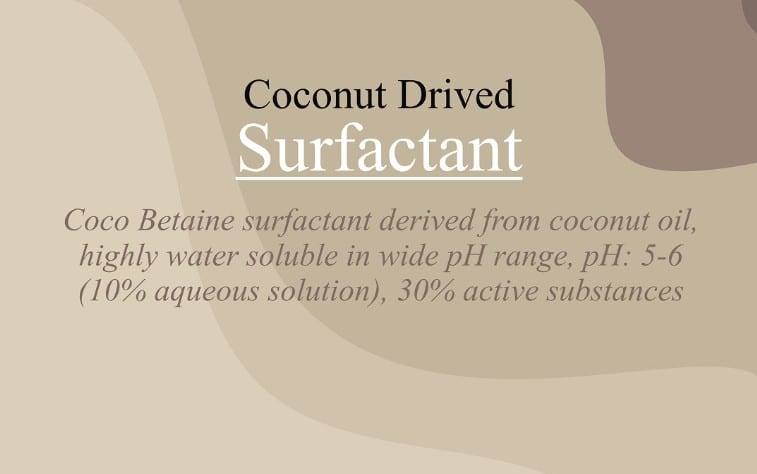
When checking a shampoo to determine if it’s sulfate-free, it’s important to understand what other options are out there.
Many beauty companies and hairdressers recommend gentle surfactants as a manageable and reliable replacement to sulfates, without sacrificing a deep clean. Surfactants are what allow water to mix with oil and dirt to create a lather. Here are a few popular gentle surfactants to look out for instead.
Coco-Glucoside is derived from coconut oil and glucose and is widely used as a mild surfactant in many cleaning products. It’s known to be hypoallergenic, helping to reduce irritation, and it’s also widely biodegradable and non-toxic, giving it an environmentally friendly nod.
Decyl Glucoside is widely used for its mildness and gentleness on the skin. Additionally, Decyl Glucoside is known to be non-toxic, ecologically friendly, and quickly biodegradable. This surfactant is also known for maintaining skin moisture and forming \soft foam for a luxurious experience.
Sodium Cocoyl Isethionate can be derived from coconut oil, and is widely known to be gentle and non-irritating on skin and hair.
This surfactant is known to be mild and create a brilliant lather – ideal for a squeaky clean that won’t take away natural follicle moisture.
Gentle surfactants such as these are great alternatives to sulfates and can be a great addition to a shampoo regimen.
As always, it’s best to read the ingredient list carefully and to look out for which surfactants you may be sensitive to.
With the right blend of surfactants, you can get the best clean without drying out your hair.
How do I tell if there’s silicones in my shampoo
Silicones are synthetic polymers that can build up on your hair and scalp, potentially leading to product buildup.
In addition to looking for sulfate-containing ingredients, you should also check for silicones.
Silicones are often added to shampoos as conditioners, but can also build up on the scalp and hair. Some of the most common silicones include dimethicone and amodimethicone.
Along with checking the label, another way to tell if your shampoo contains silicones is by feeling it. Silicone-based shampoos tend to be thicker and can leave a residue when rubbed between your fingers.
Also, silicones can be difficult to rinse out, leaving your hair feeling heavy and greasy. If you’re looking for a silicone-free shampoo, opt for one that has a lighter feel and rinses cleanly.
Related: Does Pantene Have Sulfates
Related: Does Dove Shampoo Have Sulfates
What are the types of sulfates to avoid in a shampoo
Knowing which types of sulfates to avoid can help you pick the best sulfate-free products for your hair.
Sulfates come in different forms, but generally, you should look for ingredients ending in “-sulfates” or “-sulphates”.
Sodium Lauryl Sulfate (SLS), Sodium Laureth Sulfate (SLES), Ammonium Lauryl Sulfate (ALS), and Ammonium Laureth Sulfate (ALES) are all sulfates to watch out for when reading labels.
In addition, ingredients like Sodium Myreth Sulfate, TEA Lauryl Sulfate, or Kathon CG (a form of Methylchloroisothiazolinone) are all sulfates that should be avoided.
It’s important to note that just because a shampoo is labeled as “natural” or “organic”, it doesn’t necessarily mean it’s sulfate-free.
Unfortunately, some brands use clever marketing tactics to appear sulfate-free online or on the label, when in fact they are not. Always double-check the ingredient list to make sure it doesn’t include any of the sulfates listed above.
Sulfate-free shampoos are much gentler for the hair, and can help protect the hair’s natural oils and moisture.
If you are looking for a shampoo that is free from harsh sulfates, try to look for products that contain milder cleaning agents such as coco glucoside, decyl glucoside, lauryl glucoside, or sodium lauroamphoacetate.
These ingredients can help remove dirt and oil from the scalp without overdrying or stripping away the natural oils.
Are there gentle sulfates in shampoos that are good for hair
When shopping for a shampoo, it’s important to read the labels to see if contain sulfates such as sodium lauryl sulfate (SLS), ammonium lauryl sulfate (ALS), sodium Laureth sulfate (SLES), ammonium Laureth sulfate (ALES), and most commonly, sodium dodecyl sulfate (SDS).
However, it’s important to note that not all sulfates are bad for you. For example, there are gentler sulfates such as sodium lauroyl sarcosinate and sodium cocoyl sarcosinate that can be used as a milder alternative.
In addition to sulfates, other cleaners are often added to shampoo to help create a rich lather and also remove dirt, oil, and product build-up. Some common ones include cocamidopropyl betaine, coco-glucoside, decyl glucoside, and natural cleansers such as ground oat or coconut milk.
In conclusion, it can be difficult to know whether your shampoo is sulfate-free or not. It takes some effort, from paying attention to ingredient labels to doing your own research, to be sure a product does not contain sulfates.
However, it is well worth the effort to make sure your shampoo is free of sulfates for healthier, nourished hair and a cleaner environment.
Also Read:
Amazing Sulphate Free Shampoos For Color Treated Hair
How Often Should I Change My Shampoo
To Summarize

